"Literacy class in the middle of the forest"
Sin Thau is a border commune located about 250km from the center of Dien Bien province, famous for the place name "one rooster crows, three countries hear together". This place is not only associated with the rugged border but also known for the teachers who are silently staying in the village and school to sow each letter, each seed of hope to the ethnic minorities. Among them, teacher Dao Thi Thoa - teacher of Sin Thau Primary Boarding School for Ethnic Minorities is one of those who quietly continue the journey of eliminating illiteracy in the far west of the country.
I still remember, a few years ago, when Ms. Thoa was still working at Huoi Lech Primary School for Ethnic Minorities. Late one afternoon, we went to Nam Pan 2 school, one of the most difficult remote locations in Huoi Lech commune. On an old motorbike, it took us nearly half an hour to go uphill and find our way to where Ms. Thoa taught. The sound of children spelling and the teacher patiently teaching echoed in the vast mountains and forests, making the scene even more special.
The school is located on a gentle hill, with two levels of education: kindergarten and primary school, sharing the same simple facilities. The only primary class is a combined 1+2 class taught by Ms. Thoa. There are only 10 students, but on the day we visited, the class had only 8 students. Two other students were absent because their families were holding a ceremony, according to local custom, during the abstinence period, children are not allowed to leave the village.
“Knowing that journalists were coming, I had to take the children to class myself, otherwise I would miss the morning and not come back in the afternoon. Parents here do not take education seriously, sometimes they even think that learning to read and write is a luxury,” Ms. Thoa shared.
The learning space is a simple house with rickety tables and chairs and a faded blackboard. In that classroom, the teacher has to teach at two different levels, both to comfort the students who are still unfamiliar with the letters and to try to overcome the language barrier. The first graders are mostly Mong, just starting to get acquainted with the common language, many of them do not understand what the teacher teaches and have to ask their friends to translate.
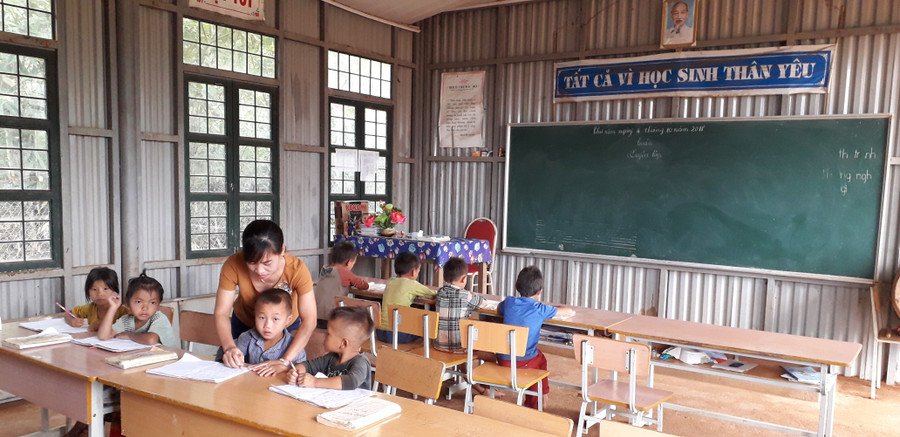
From the journey of sowing knowledge to the aspiration to eliminate illiteracy
Born in Hung Yen , raised in Dien Bien, teacher Thoa had the dream of becoming a teacher to "bring letters to the mountains". In 2003, when Muong Nhe (the old administrative unit name) had just been established from Muong Te district (old Lai Chau province), the roads were difficult to travel, she and 25 other teachers volunteered to "cross forests and streams" from Cha Cang commune to Muong Toong 2 to open the school.
“Back then, it took us a week to walk nearly 100km, our legs were swollen, our muscles were so stiff we couldn’t move. But every time we thought about the villages where there were no schools and no one knew how to read and write, we were determined to continue,” Ms. Thoa said.
That journey was not only a personal sacrifice but also an important contribution to the cause of eliminating illiteracy in the highlands. She said that in many villages at that time, no one knew how to sign. Paperwork was done by handprint. Children were not allowed to go to school. Adults were afraid to study, afraid of being ridiculed.
Ms. Thoa not only teaches students, but also organizes evening literacy classes with her colleagues for parents. At first, only a few people, but gradually, people began to realize the value of literacy: being able to read medical records, sign, understand documents, or simply write their children’s names.
“Our people are very kind, they are not lazy, they are just afraid because they have never studied. When teachers give suggestions and instructions, they are very diligent. There was a woman who studied for several months and was able to write her husband’s and children’s names. She was very happy. Every day she brought her notebook to show off,” she recounted.
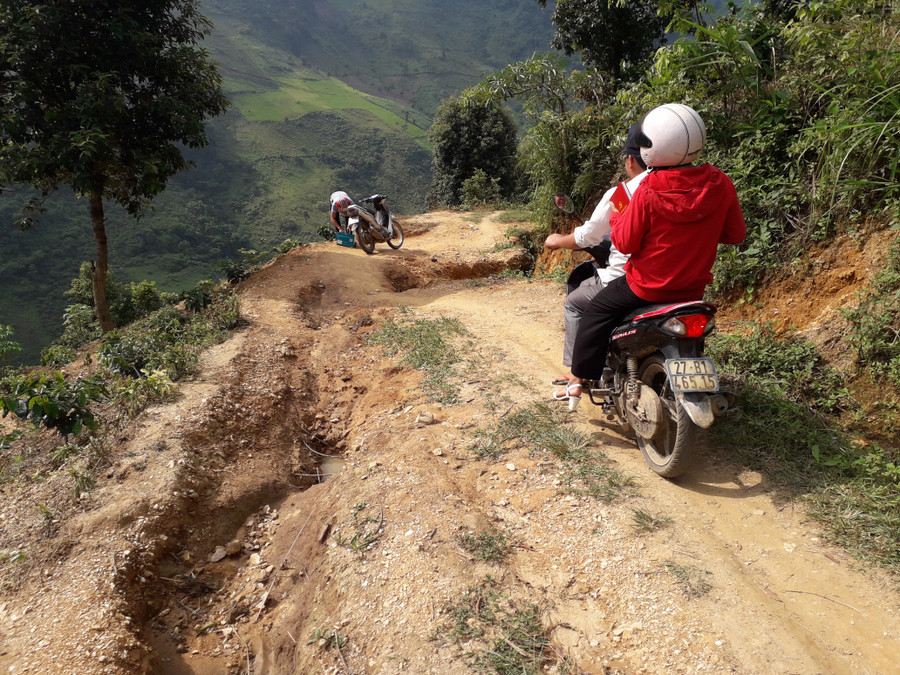
Keep the profession alive with love
Ms. Thoa and her husband are both teachers in remote areas. Both of their children had to be sent to live with their grandparents in the city. Once, the older child had an accident and was hospitalized. Ms. Thoa and her husband asked to go home to visit their child and then immediately returned to school. The pain of missing her child and being away from home was always present in her, especially on long winter nights with only the flickering light of an oil lamp in the middle of the desolate mountains and forests.
“Sometimes my child cries and refuses to follow me because we haven’t seen each other for a long time. At night, I dream that my child calls me and all I can do is cry. But I can’t leave this place. If I leave, the class will have to close. There will be no one to teach the children anymore,” Ms. Thoa choked up.
It is her love for her job, her concern for her students, and her responsibility for the cause of eliminating illiteracy that has kept her in this remote village. At the beginning of each school year, parents in the village write and sign petitions to keep Ms. Thoa, hoping she will not be transferred to another job.
“Seeing the children sitting and learning to read and write makes me feel relieved. Many of them only knew how to speak Mong at first and couldn’t even hold a pen. But now they can write their names and read their mother’s name. I think, as long as I can teach them to read and write, no matter how difficult it is, it’s worth it.”
Literacy is the door that opens the future.
From the combined classrooms in the middle of the jungle like Ms. Thoa’s, not only do children have access to knowledge, but the effort to eradicate illiteracy also spreads to the whole community. In recent years, thanks to the perseverance of teachers and support from the education program for disadvantaged areas, the literacy rate in Muong Nhe (old) has been gradually improving.
However, the challenges are still huge. The remote terrain, unique customs and practices, and uneven awareness make it difficult to maintain the number of students and expand the literacy classes. Teachers like Ms. Thoa play an irreplaceable role as a bridge and a motivator of faith for people in the border areas.
For them, teaching is not just a job, but a mission. A mission built on sacrifice, perseverance and unconditional love.
Source: https://giaoducthoidai.vn/co-giao-vung-bien-va-hanh-trinh-gioo-chu-xoa-mu-giua-dai-ngan-tay-bac-post740781.html



![[Photo] Prime Minister Pham Minh Chinh chaired a meeting to discuss solutions to overcome the consequences of floods in the central provinces.](https://vphoto.vietnam.vn/thumb/1200x675/vietnam/resource/IMAGE/2025/10/29/1761716305524_dsc-7735-jpg.webp)
![[Photo] Flooding on the right side of the gate, entrance to Hue Citadel](https://vphoto.vietnam.vn/thumb/1200x675/vietnam/resource/IMAGE/2025/10/28/1761660788143_ndo_br_gen-h-z7165069467254-74c71c36d0cb396744b678cec80552f0-2-jpg.webp)

![[Photo] National Assembly Chairman Tran Thanh Man received a delegation of the Social Democratic Party of Germany](https://vphoto.vietnam.vn/thumb/1200x675/vietnam/resource/IMAGE/2025/10/28/1761652150406_ndo_br_cover-3345-jpg.webp)

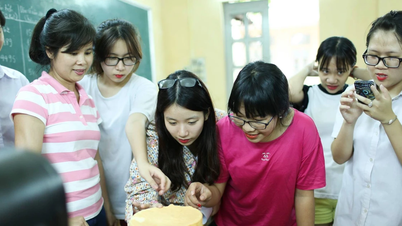
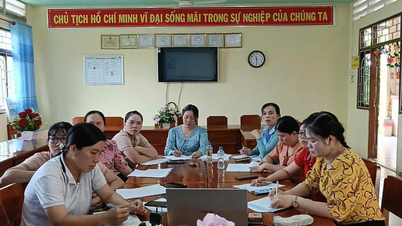
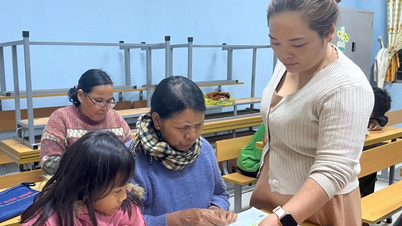
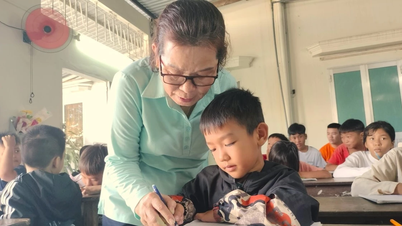
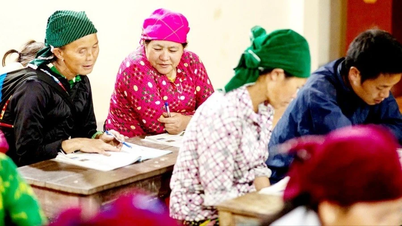


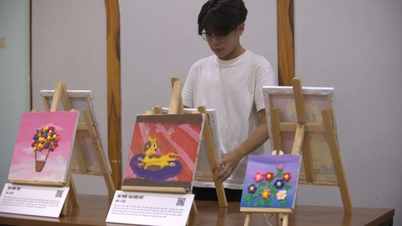

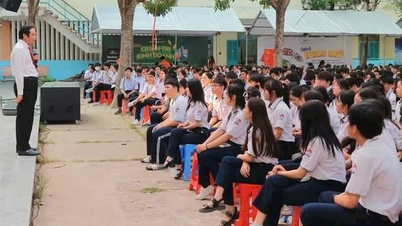
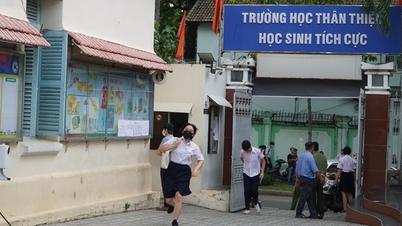





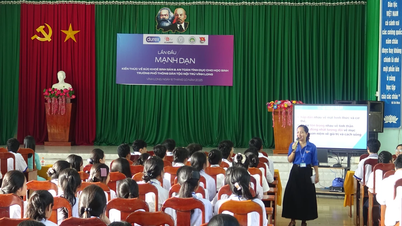




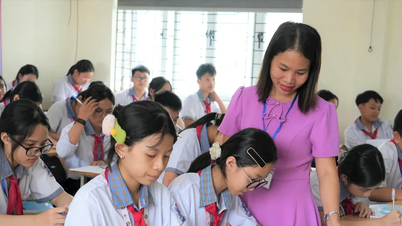

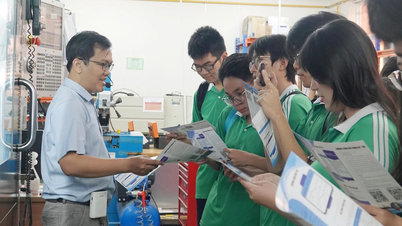

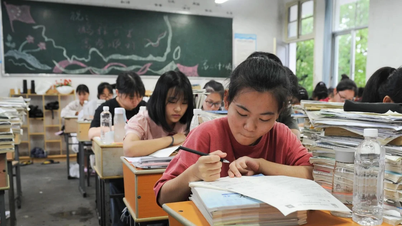
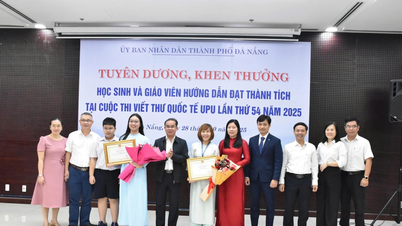
![[Photo] President Luong Cuong attends the 80th Anniversary of the Traditional Day of the Armed Forces of Military Region 3](https://vphoto.vietnam.vn/thumb/1200x675/vietnam/resource/IMAGE/2025/10/28/1761635584312_ndo_br_1-jpg.webp)
![[Photo] Draft documents of the 14th Party Congress reach people at the Commune Cultural Post Offices](https://vphoto.vietnam.vn/thumb/1200x675/vietnam/resource/IMAGE/2025/10/28/1761642182616_du-thao-tai-tinh-hung-yen-4070-5235-jpg.webp)














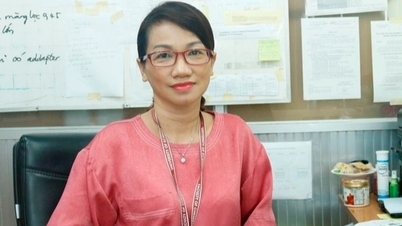





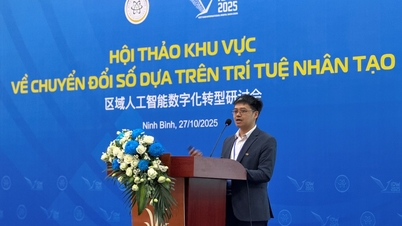


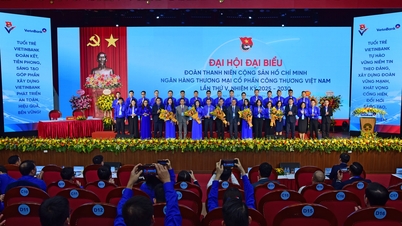
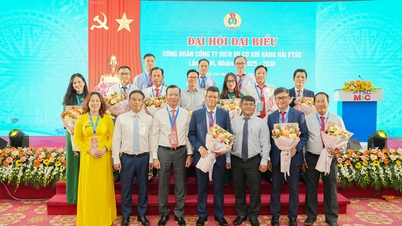







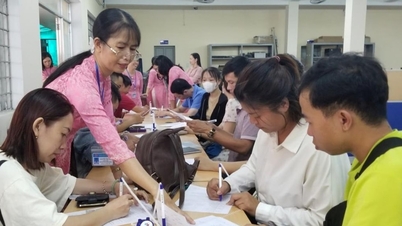

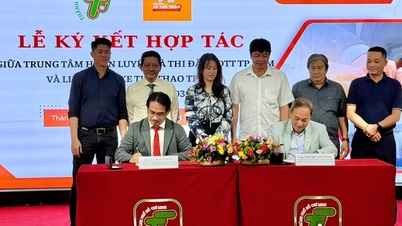
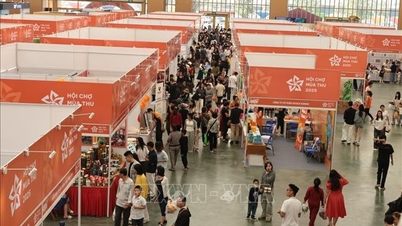
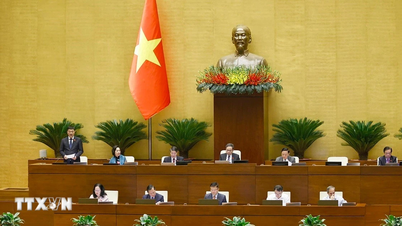

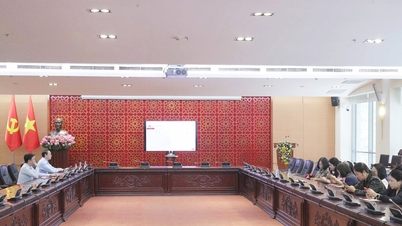
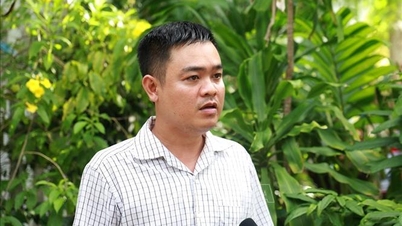
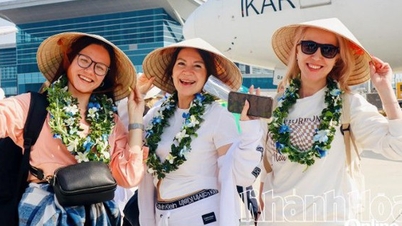

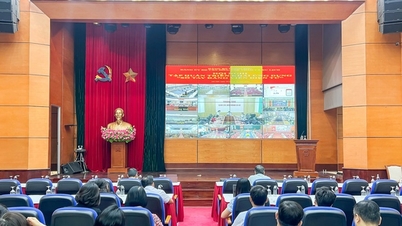

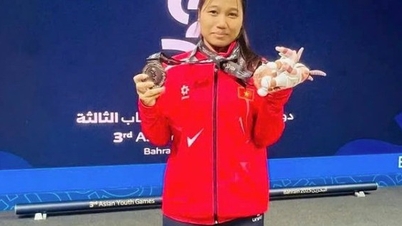
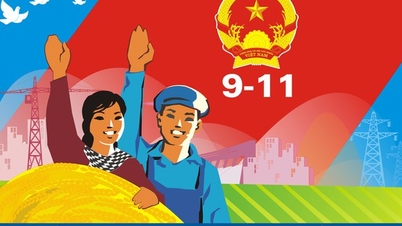
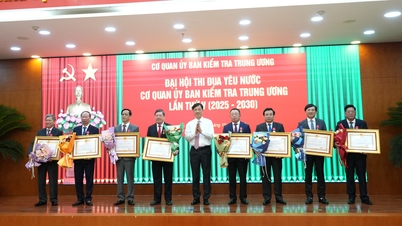

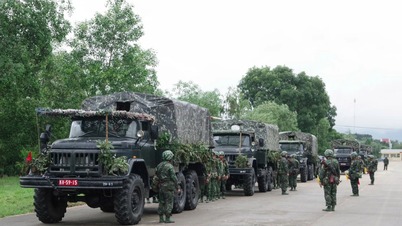

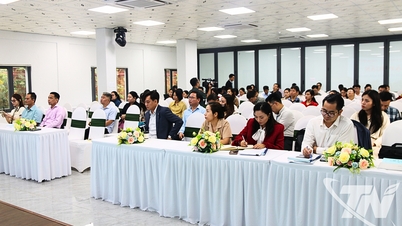

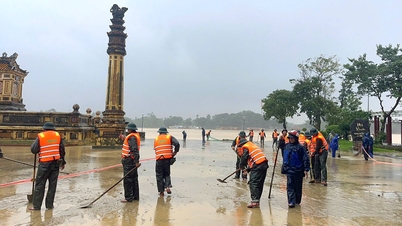


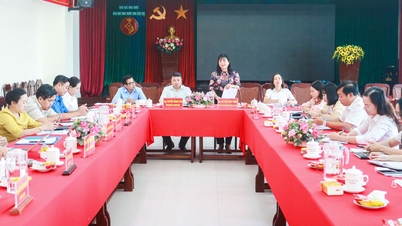

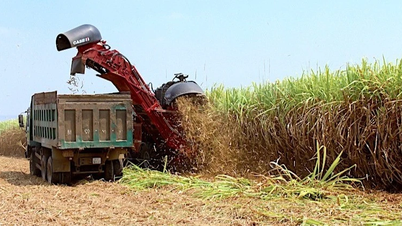















Comment (0)